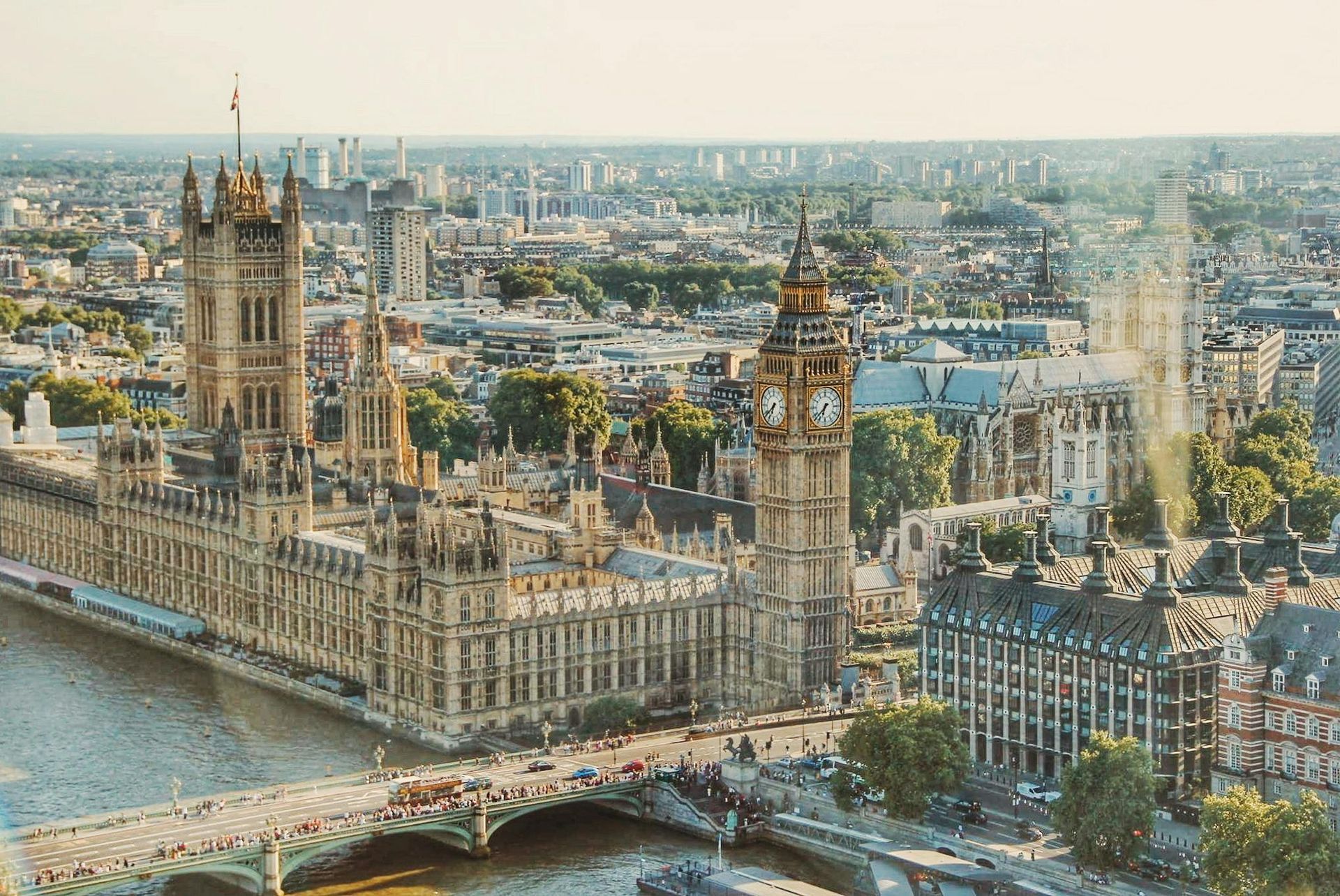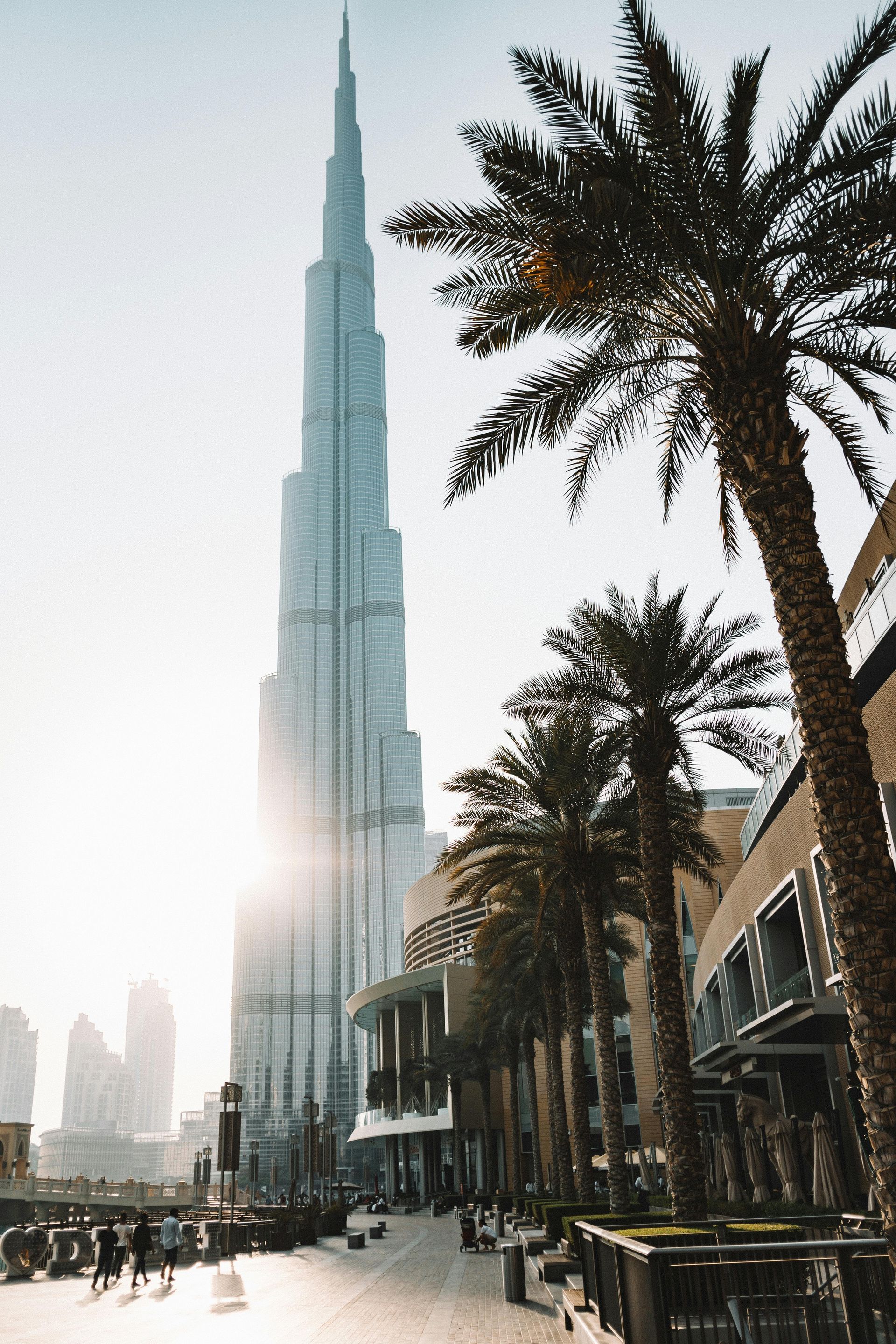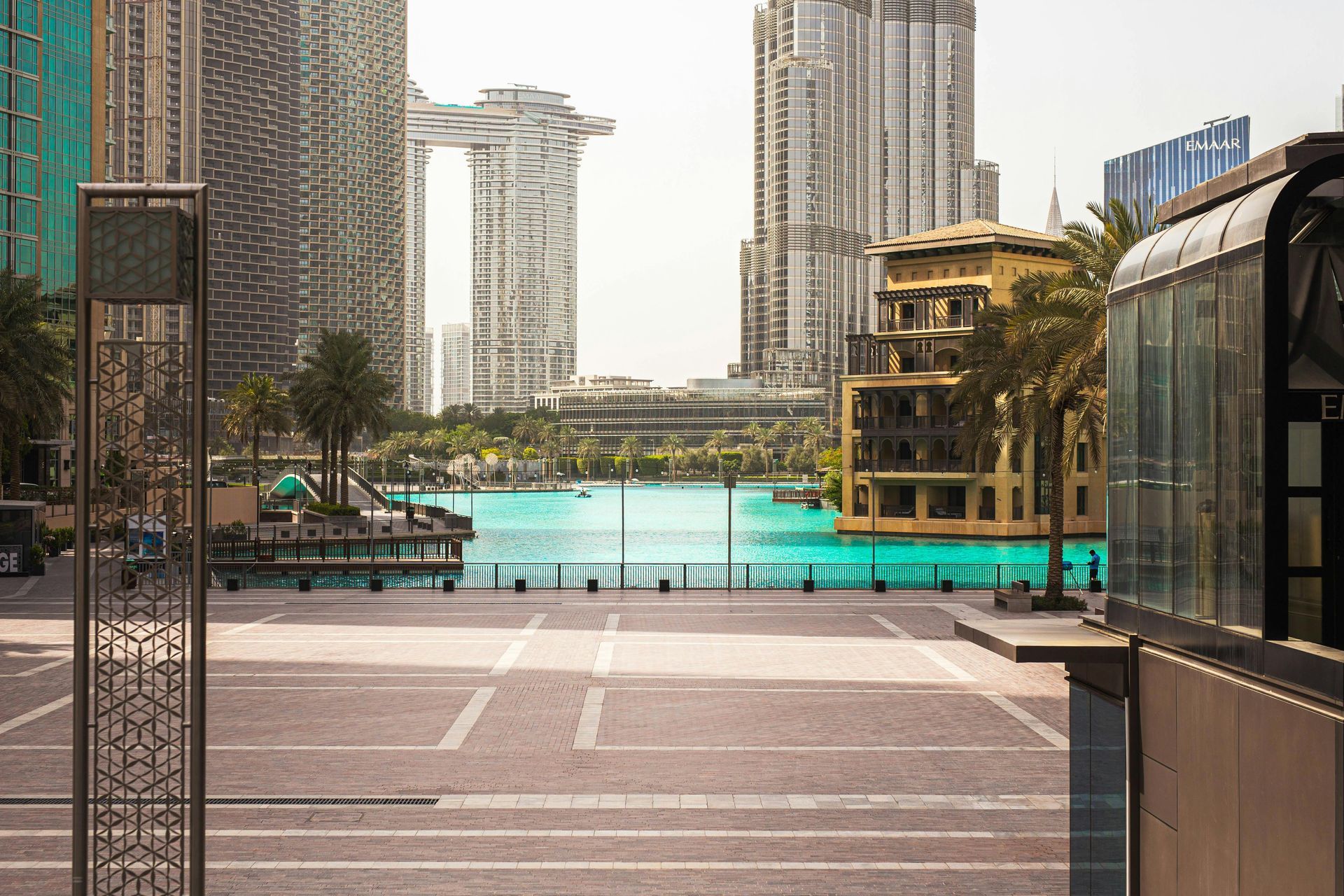Spring Statement: What the Next Six Months Mean for Your Money
Amie Roberts • May 15, 2025
The UK government’s recent Spring Statement has set the stage for financial planning over the next six months.

Although there were no immediate major tax changes announced, Chancellor Rachel Reeves hinted at tougher measures later this year. So, what exactly does this mean for your savings, investments, and overall financial well-being?
Get in touch
No Immediate Surprises, But Stay Alert!
While the Chancellor didn’t announce any immediate tax hikes, the message was clear: changes are coming, and they might not be pleasant for everyone. With the economy under pressure, the government is looking for ways to balance the books, meaning taxes may rise for higher earners and businesses.
Potential Tax Increases on the Horizon
Capital Gains Tax
Currently, capital gains tax (CGT) rates are relatively favourable, with many investors benefiting from lower tax rates compared to income tax. However, the government is reviewing this and could increase CGT, especially targeting second-home owners and investors holding stocks or shares outside tax-efficient wrappers like ISAs.
Inheritance Tax (IHT)
Inheritance tax has long been a hot topic, and recent indications suggest potential tightening. Presently, you pay 40% on estates valued above £325,000, although couples can combine their allowances. Future changes could see this threshold lowered or allowances restructured, significantly affecting estate planning.
Value Added Tax (VAT)
VAT currently stands at 20% on most goods and services. Though not confirmed, an increase to VAT rates or broadening its application to more products and services is possible as the government seeks additional revenue.
Self-Employment Taxes
Self-employed workers may face tighter rules and increased National Insurance contributions. The Chancellor indicated a review of tax relief and allowances currently benefiting freelancers and small businesses.
How Can You Prepare?
Review Your Investment Strategy
If capital gains taxes rise, investments
outside ISAs and pensions may become less attractive. Now is a good time to review and possibly shift investments into tax-efficient accounts.
Reassess Your Estate Plans
With possible inheritance tax changes ahead, consider strategies like gifting assets, using trusts, or increasing contributions to pensions which are currently outside of your taxable estate.
Self-Employed? Plan Ahead!
If you are self-employed, speak with your financial adviser
about potential changes in tax allowances and prepare your business finances accordingly. Staying proactive can help mitigate unpleasant surprises.
The Bigger Economic Picture
Inflation and interest rates continue to affect personal finances significantly. Higher interest rates benefit savers but create challenges for borrowers, especially those with mortgages or loans.
As the cost of living remains high, careful budgeting and disciplined saving will become even more important in the coming months. Households should aim to reduce debt, build an emergency fund, and maintain flexibility in their financial plans.
Conclusion
While the Spring Statement provided some temporary relief by avoiding immediate tax rises, it's evident that significant financial adjustments could be announced later this year. Being prepared, informed, and flexible with your financial strategies is crucial to managing whatever comes next.
Do you feel uncertain about how upcoming changes might impact your financial situation? Our team of international wealth advisers are here to assist.

Navigating the UAE Employment Visa Process in 2026 Relocating to the United Arab Emirates for employment offers significant professional and financial opportunities. However, the UAE employment visa process is structured, compliance-driven and time sensitive. Understanding each stage in advance avoids unnecessary delays and protects both employer and employee from regulatory issues. Below is a comprehensive, easy-to-follow guide to the UAE employment visa process as it stands in 2026. Step 1: Securing a Confirmed Job Offer The UAE employment visa process begins with a formal job offer from a UAE-licensed entity. Only an employer registered with the relevant mainland authority or free zone authority can sponsor an employee. The employer becomes the visa sponsor and assumes legal responsibility for: Applying for the work permit Processing the residence visa Ensuring compliance with UAE labour law Covering government application fees (in most cases) Employees cannot independently apply for a standard employment visa without sponsorship. Step 2: Work Permit Application (Entry Permit Approval) Once the employment contract is signed, the employer applies for a work permit (also known as a labour approval) through the Ministry of Human Resources and Emiratisation (MOHRE) or the relevant free zone authority. Documents typically required include: Passport copy (valid for at least six months) Passport-size photographs Signed employment contract Attested educational certificates (if required for the role) If the employee is outside the UAE, an entry permit is issued, allowing them to enter the country legally for employment purposes. If the employee is already inside the UAE on a visit visa, status adjustment procedures apply. Step 3: Entry to the UAE (If Applying From Abroad) For applicants outside the UAE, the entry permit allows legal entry into the country. Once inside the UAE, the individual must complete the residency formalities within the validity period of the entry permit (usually 60 days). Timing is critical at this stage. Failure to complete the process within the permitted window may result in fines. Step 4: Medical Fitness Test All employment visa applicants must undergo a mandatory medical examination at an approved UAE medical centre. The test typically screens for: HIV Tuberculosis Hepatitis (in certain categories) The medical fitness certificate is a mandatory component of the residence visa application. Processing time: usually 24–72 hours depending on service speed selected. Step 5: Emirates ID Biometrics The applicant must apply for an Emirates ID, which serves as the UAE’s official identification card. This process includes: Biometric data capture (fingerprints and photograph) Identity verification The Emirates ID is linked directly to the residence visa and is essential for: Opening bank accounts Renting property Obtaining a driving licence Accessing utilities and telecom services Step 6: Residence Visa Stamping Following medical clearance and Emirates ID application, the residence visa is issued and stamped electronically against the passport record. Employment residence visas are typically valid for: 2 years (mainland companies) 2–3 years (depending on free zone authority) Once issued, the employee is legally resident in the UAE and may sponsor eligible dependants (subject to salary thresholds). Key Considerations in 2026 1. Free Zone vs Mainland Sponsorship Visa procedures differ slightly between mainland entities and free zone authorities. Free zones operate under independent regulatory frameworks, although federal immigration approval remains central. The choice between mainland and free zone employment has broader implications, including: Corporate structuring Tax residency status Social security considerations Family sponsorship options These should be assessed before finalising relocation plans. 2. Employment Visa vs Other UAE Visa Categories The UAE also offers: Green Visas (for skilled professionals and freelancers) Golden Visas (long-term residence for investors and high earners) Investor/Partner Visas For entrepreneurs and senior executives, an employment visa is not always the optimal route. Strategic structuring may offer longer validity and greater flexibility. 3. Tax Residency Implications The UAE does not levy personal income tax. However, relocating professionals must consider: Exit tax implications in their home country UK Statutory Residence Test (for British nationals) Split-year treatment Ongoing ties and centre-of-vital-interests rules Corporate tax exposure for business owners Inadequate pre-departure planning can result in unintended dual tax exposure. 4. Corporate Tax and Employment Structuring With the introduction of UAE Corporate Tax, business owners relocating to the UAE must assess: Whether they will remain directors of overseas entities Permanent establishment risks Substance requirements Intercompany arrangements Employment structuring must align with the broader corporate and tax strategy. Why a Structured Relocation Approach Matters Many professionals treat the employment visa as a simple administrative formality. In practice, it forms part of a much larger relocation framework that includes: Tax residency planning Wealth structuring Asset protection Banking arrangements Property acquisition Family visa coordination A piecemeal approach often creates long-term complications. How Mosaic Chambers Group Supports Your Move to the UAE At Mosaic Chambers Group, we provide integrated advisory services for internationally mobile individuals and entrepreneurs. We coordinate: Pre-departure UK tax planning UAE tax structuring advice Cross-border compliance Local regulatory compliance We work alongside trusted UAE-based partners to manage: Visa processing Company formation Corporate structuring analysis Family sponsorship applications Wealth protection strategies Relocating to the UAE should be strategic, compliant and financially efficient - not reactive. Speak to Our Advisory Team If you are considering accepting a UAE job offer or relocating your business operations to the Emirates, we recommend obtaining professional tax and structuring advice before finalising your move. Early planning protects your position, reduces risk and ensures your move to the UAE is commercially sound and fully compliant. Get in touch with our team today to begin your relocation strategy with clarity and confidence.

Thinking about moving to Dubai with your family?
We can help you assess eligibility, model the impact, and prepare a clear roadmap before you move.
Contact us to begin a confidential discussion.
Tailored advice for UK families, entrepreneurs, business owners and private wealth structures.
Cross‑border, multi‑jurisdict
